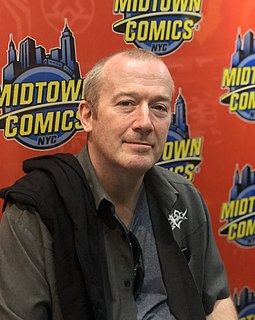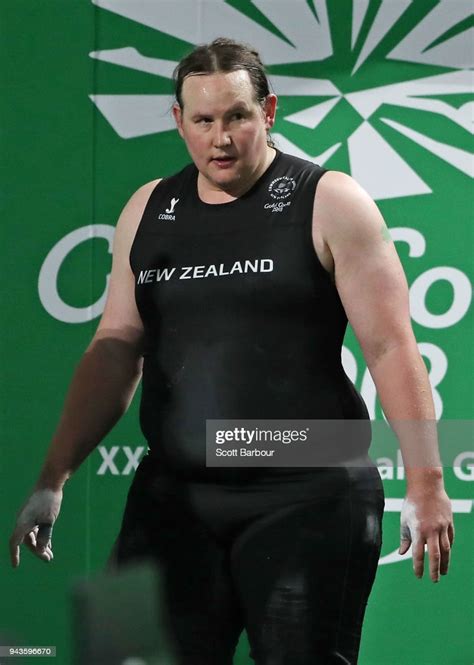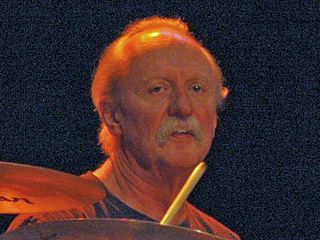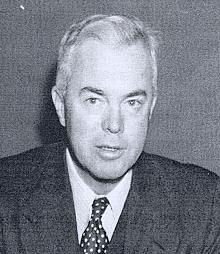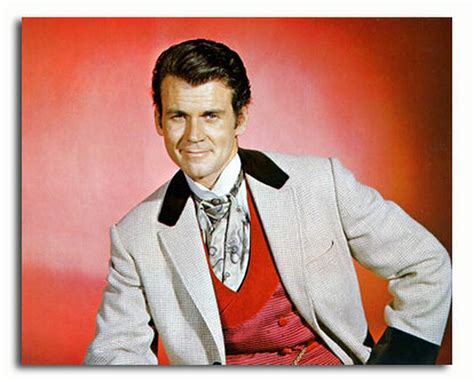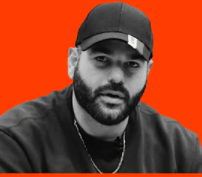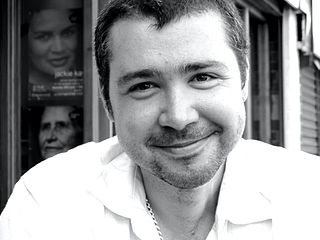A Quote by Garth Ennis
I tend to forget what I'm doing will ever be read while I'm writing it, and just get on with the task at hand.
Related Quotes
Ever since high school I've been writing in a spiral notebook, in pencil. Everything looks too polished on a computer when you start writing, and I can't really see it. I feel like the words are much more naked in pencil, on a notebook. I feel that my brain works differently, and words come out differently, if I have a pencil in my hand, rather than if I have a keyboard. I tend to add more in the margins. I tend to elongate the sentences as I'm writing and editing, and there is just something about the feeling of writing longhand that I really love.
One that really caught me was Joe Morello. He was the first drummer I ever saw that could do a roll with one hand. He would turn his hand over and use his fingertips to get the stick bouncing. He could sit there with his right hand doing stuff on the cymbals and tom-toms while he was doing a roll with his left on the snare drum.
Whenever I've gone against my instincts, it's been a bit of a disaster. If there's a script I'm considering, I will get everyone to read it. I will get my mom to read it, I will get my friends to read it, I'll get the person doing my manicure to read it. I'm someone who really needs to talk things through. And then, obviously, I have a wonderful manager and agents, and I listen very carefully to what they have to say as well.
